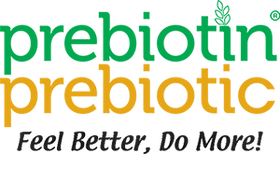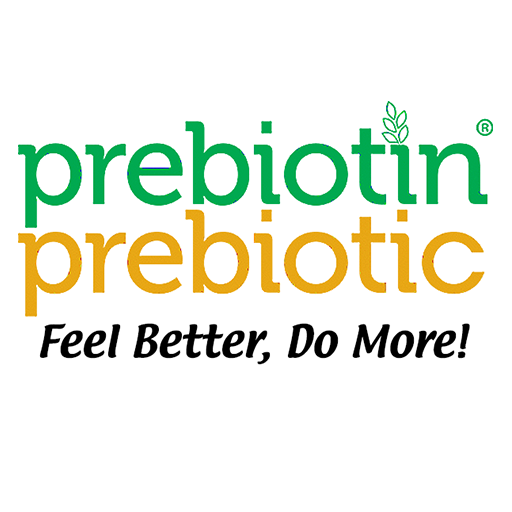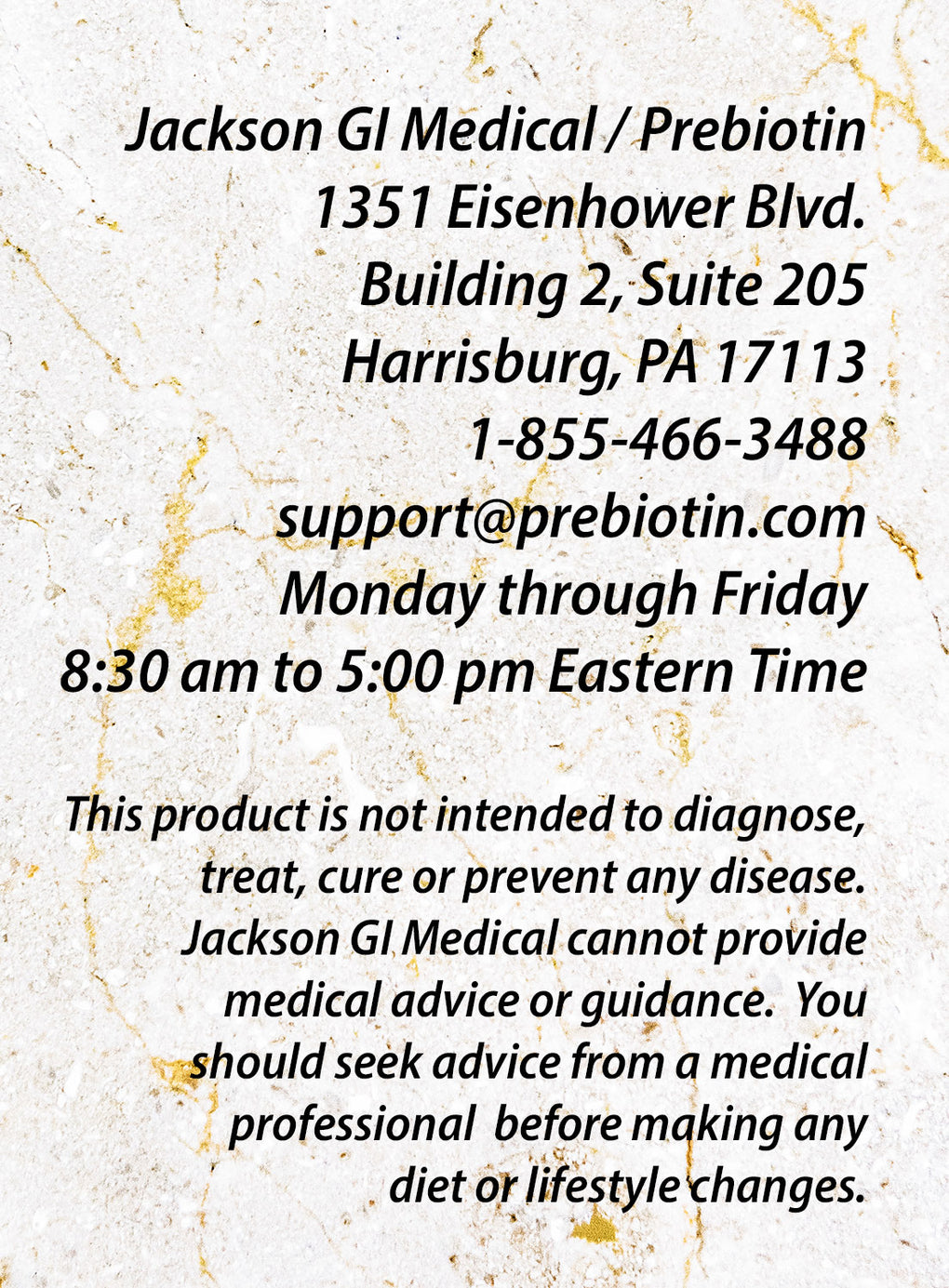Why Prebiotics Might Help During & After Cancer Treatment
“Healing is a matter of time, but it is sometimes also a matter of opportunity.” – Hippocrates

Carefully Considering What You Eat May Help You Through Cancer Treatment and Beyond
With National Breast Cancer Awareness Month in full swing, there’s no better time to take a hard look at how treatment techniques during and after cancer have evolved and, in particular, how prebiotics may help.
Cancer-related deaths are estimated to reach 609,880 people this year (2019), while an estimated 1,762,450 new cases of cancer will be diagnosed in the United States, according to the American Cancer Society. The most common cancers are (in order): breast cancer, lung and bronchus cancer, prostate cancer, colon and rectum cancer, melanoma of the skin, bladder cancer, non-Hodgkin lymphoma, kidney cancers.
Breast Cancer Rates 2019
Although death rates from breast cancer in American women have been decreasing since 1989, especially in women under 50, breast cancer is still the most commonly diagnosed cancer, after skin cancer. The following are trends for 2019:
- About 30% of newly diagnosed cancers in women will be breast cancers.
- An estimated 268,600 new cases of invasive breast cancer are expected to be diagnosed in women in the U.S., along with 62,930 new cases of non-invasive (in situ) breast cancer.
- About 41,760 women in the U.S. are expected to die from breast cancer in 2019.
- About 85% of breast cancers occur in women who have no family history of breast cancer.
- About 2,670 new cases of invasive breast cancer are expected to be diagnosed in men.
In women under 45, breast cancer is more common in African American women than white women. Overall, African American women are more likely than Asian, Hispanic, and Native-American women to die of breast cancer.
In Search of More Effective Treatments
While advancements in surgery, chemotherapy, and radiotherapy have been beneficial for many patients, and more patients are now screened and are therefore treated at earlier stages of disease, death rates for most cancers remain high, and adverse side effects from treatments still persist.
In the search for more effective treatments with fewer devastating side effects, researchers and other experts have been paying more attention to the functional role of good bacteria in the gut microbiome as it relates to cancer. Prebiotics and probiotics serve as the building blocks for a healthy gut and have proven useful as an adjunct therapy to cancer treatments.

Prebiotics and Chemotherapy
One of the common consequences of chemotherapy is that ulcerative lesions may develop along the digestive tract. Chemotherapy can also disrupt the bacterial balance in the gut microbiome.
In an article in The Critical Reviews in Food Science and Nutrition, scientists explore the therapeutic potential of prebiotic fiber for reducing the severity of chemotherapy-induced lesions (or mucositis). The authors write:
“Mucositis, characterized by ulcerative lesions along the alimentary tract, is a common consequence of many chemotherapy regimens. Chemotherapy negatively disrupts the intestinal microbiota, resulting in increased numbers of potentially pathogenic bacteria, such as Clostridia and Enterobacteriaceae, and decreased numbers of ‘beneficial’ bacteria, such as Lactobacilli and Bifidobacteria… Prebiotics are indigestible compounds, commonly oligosaccharides, which seek to reverse chemotherapy-induced intestinal dysbiosis through selective colonization of the intestinal microbiota by probiotic bacteria.”
The authors consider taking prebiotics a potential therapeutic approach to bringing the gut microbiome back into balance.
Keep in mind that more than 70 to 80% of your entire immune system lives in your gut! Strengthening your immune system is vital to helping your body’s natural defense mechanisms protect you.
Prebiotics and Cancer Cell Suicide
Another study links taking prebiotic fiber to increased cancer cell death. Researchers found that as prebiotics are fermented by the bacteria in the colon, they produce desirable short chain fatty acids (SCFAs), which are critical part of a healthy microbiome. High levels of these acids, especially butyrate, have been linked to cancer cell apoptosis, or cell suicide.
Prebiotics for Post-Treatment IBS
Another common side effect post cancer treatment, especially after chemotherapy, is irritable bowel syndrome (or IBS). Patients may experience abnormal patterns of bowel contraction leading to abdominal pain, diarrhea, constipation, and bloating. Prebiotic fiber can help to fertilize the beneficial bacteria that strengthen the bowel walls, improve mineral absorption and regularity, and help to reduce these symptoms.
If you have IBS and are on the FODMAP diet, it is important to discuss supplements, including prebiotic fiber, with your physician. If you decide to incorporate prebiotic fiber into your diet, it is important to introduce it extremely slowly to minimize disruption in the colon.
Improving Efficacy of Treatments
In a 2017 article in Nature Reviews Cancer, researchers have found that the type of bacteria in your gut can determine your response to cancer therapy—and even your susceptibility to toxic side effects. The authors discuss the possibility of targeting the microbiota to improve anti-cancer efficacy while preventing toxicity.
A 2019 article entitled, "Right combination of diet and bacteria limits cancer progression", points out that the type of bacteria in the gut is so important to cancer prevention and treatment, that in the future, medical practitioners may recommend “personalized dietary recommendations into cancer treatment plans.”

Re-Establishing Gut Health
To re-establish a healthy gut, you can eat more foods rich in prebiotic fiber, including chicory root, oatmeal, flax, barley, asparagus, Jerusalem artichokes, bananas, berries and other fruits, and onions. If you are not able to eat as much prebiotic fiber as you like, Prebiotin® Prebiotic Fiber can help you easily reach your prebiotic fiber goal.
Since foods with probiotic bacteria are also helpful in combating cancer growth, yogurt, fermented milk (kefir), buttermilk, miso, tempeh and certain soy drinks, fermented vegetables including kimchi and sauerkraut, certain soft cheeses, and fermented black tea (Kombucha) can be beneficial additions to your diet.
Prebiotin Can Help…
With all of the benefits related to prebiotic fiber, you may want to consider taking Prebiotin to support your efforts to fight cancer and stay healthy. Taking a quality prebiotic supplement backed by sound science is an easy way of making sure you have enough prebiotic fiber to feed beneficial bacteria in your gut microbiome.
As one researcher notes:
“The microbiota is also involved in the initiation, progression and dissemination of cancer both at epithelial barriers and in sterile tissues.”
Treat your gut microbiome well, and you will reap many healing benefits.
A Tip From A Breast Cancer Survivor:
Always eat before your chemotherapy treatment. However, don’t eat any foods you really like! The reason is that whatever food you choose may forever be associated with your treatment. No one told me, so before my first treatment, I went to my favorite deli and had my favorite sour cream, salmon, and onion omelet. Now it makes me nauseous, even 15 years after treatment, to even think about eating one. Darn!
My solution? After that lesson, I chose foods that were ones that I wanted to give up or avoid, like a big fast-food cheeseburger and fries! I won’t name a particular chain, but that temptation is pretty much over. – Anne Mercer Larson, B.A., M.O.B. For more information about Anne’s experience with breast cancer, read her blog, “Are You One? National Cancer Survivors Day.”
For more information about how your diet can impact cancer, read our blog, “Breast Cancer Awareness & The Gut Microbiome: Fight Back With Food!”
We want to hear from you! Share your stories, tips, and advice with us on how Prebiotin® Prebiotic Fiber has changed your life for the better.
Reminder: Please work with your oncology specialist to ensure that any supplements you take are appropriate for your cancer type, and will not conflict with any medications or treatments prescribed.
References
- American Cancer Society Cancer Facts & Figures 2019. Accessed 9-23-19.
- Arora M, Baldi A, Kapila N, et al. Impact of Probiotics and Prebiotics on Colon Cancer: Mechanistic Insights and Future Approaches. Current Cancer Therapy Reviews; 15(1): 27-36 (10).
- BreastCancer.org. U.S. Breast Cancer Statistics. Last updated Feb 13, 2019. Accessed Sept. 19, 2019.
- Fung KY, Brierley GV, Henderson S, et al. Butyrate-induced apoptosis in HCT116 colorectal cancer cells includes induction of a cell stress response. J Proteome Res. 2011 Apr 1;10(4):1860-9. doi: 10.1021/pr1011125. Epub 2011 Mar 3.
- Hardy, Andera. Do Prebiotics Help or Hinder IBS? Irritablebowelsyndrom.net. August 8, 2018. Accessed Sept 22, 2019.
- Roy S, Trinchieri G. Microbiota: a key orchestrator of cancer therapy. Nat Rev Cancer. 2017 May;17(5):271-285. doi: 10.1038/nrc.2017.13. Epub 2017 Mar 17.
- Sawyer, Abigail. Consuming a high-fiber diet is found to be associated with a more diverse gut microbiome and a better cancer immunotherapy response. BioTechniques. Updated 21 May 2019; accessed 21 Sept 2019.
- University of Luxembourg. Right combination of diet and bacteria limits cancer progression. Eurekalert! 30 April 2019. Accessed Sept 19, 2019.
- Want H, Geier MS, Howarth GS. Prebiotics: A Potential Treatment Strategy for the Chemotherapy-damaged Gut? Crit Rev Food Sci Nutr. 2016;56(6):946-56. doi: 10.1080/10408398.2012.741082.
- Yoo BB, Mazmanian SK. The Enteric Network: Interactions between the Immune and Nervous Systems of the Gut. Immunity. 2017 Jun 20;46(6):910-926. doi: 10.1016/j.immuni.2017.05.011.
Additional Resources
- American Cancer Society: Choosing Your Treatment Team
- American Cancer Society: Survivorship Resource Center
- Be a Survivor: Your Guide to Breast Cancer Treatment
- BCRF: Breast Cancer Research Foundation Resources
- CDC: Cancer Prevention & Control
- Dietary Choices to Prevent Breast Cancer
- Eating Unhealthy Food
- Eating Well During and After Your Cancer Treatment (Memorial Sloan Kettering Cancer Center)
- NIH: National Cancer Institute Resources for Patients
- Nutrition and Breast Cancer NCI Support For People With Cancer – Eating Hints: Before, During and After Cancer Treatment
- Stanford Medicine Nutrition and Cancer
- The Truth About Cancer® Prebiotics and Probiotics: Why You Need Both For a Healthy Gut
- True Health Initiative
Prebiotin® is not intended to treat, cure, or prevent any disease. This website does not diagnose illnesses.






